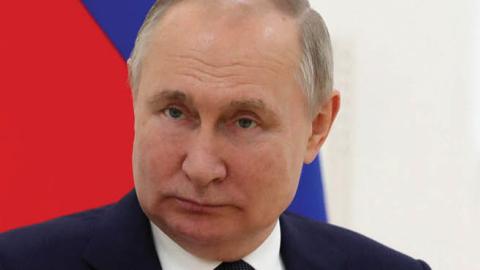As Russia and Ukraine prepare for what could be the biggest tank battle in Europe since World War II, the future of Vladimir Putin’s war remains impossible to predict. Large-scale tank and artillery engagements in the flat open terrain of eastern Ukraine may favor Moscow, and the sheer weight of Russia’s military machine could force territorial gains, but other outcomes are possible. Ukrainian courage, tactical brilliance and access to Western arms and equipment could produce another string of humiliating setbacks for Russia.
The worst-case scenario for Mr. Putin would be for Russia’s war in Ukraine to end in a comprehensive military defeat, with the collapse of pro-Russian enclaves in the Donbas and Moldova and Ukraine’s integration into the West. Such a defeat would be more than a personal humiliation; it could be a career-ending setback for him. It would also deliver a psychological and strategic shock to Russia’s standing and self-image. The course of Russian history would change.
Russia would not be the first former empire to face a moment of historical reckoning. Spain’s 1898 defeat at the hands of the upstart Americans was a watershed moment in Spanish history. The global empire that had defined Spain since the voyages of Columbus had suddenly disappeared, and Spaniards began to question everything from the monarchy to the role of the church.
Read the full article in the Wall Street Journal

















